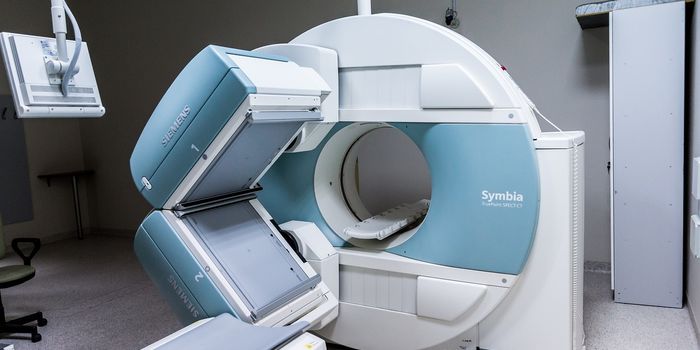We are too uneducated on the risks of colon cancer
A study conducted by researchers from Florida Atlantic University's Schmidt College of Medicine suggests that too many people at high risk of colorectal cancer are not well-enough educated on their risk. The study’s results are published in the Journal of Gastroenterology and Digestive Systems.
As the third most common cause of cancer deaths in the United States, colorectal cancer is an evident danger. The presence of advanced colorectal polyps is a major risk factor, which is why it is recommended that people at high-risk undergo a colonoscopy every three years. Nevertheless, there is a concern that high-risk patients do not fully understand their risk level.
The study followed 84 people between 40-91 years old who, by way of biopsy, were previously categorized in the high-risk group because of the presence of advanced colorectal polyps. The researchers followed the data from these people for four years, finding that 28.6% did not know they were supposed to undergo a repeat colonoscopy or did not know the proper surveillance interval.
"Our data demonstrate a lack of knowledge of patients with biopsy-proven advanced colorectal polyps about their need for repeat colonoscopy as well as the proper surveillance interval," said co-author Lawrence Fiedler, M.D., who is a gastroenterologist and an affiliate associate professor in FAU's Schmidt College of Medicine. "For patients with biopsy-proven advanced colorectal polyps, the interval for colonoscopy is about three years. Our data raise a challenge for us to rely on more objective data than self-reports. Clinicians should have the ability and willingness to share their objective findings with all clinical colleagues involved in the care of the patient. These efforts should also include younger patients such as Chadwick Boseman who recently died of colon cancer at age 43."
The reference to the young famous actor who died last month is relevant because of the rising incidence of colorectal cancer in young people. The American Cancer Society reports that over the last decade and a half, incidence rates of colorectal cancer increased by 2% annually in people under 55 while they dropped by 3.6% in people over 55.
Nevertheless, the risk is still far greater for people over 55. "Data from our study pose clinical and public health challenges to reduce the rates of recurrences of colorectal polyps as well as subsequent risks of colorectal cancer in these high-risk patients," said senior author Charles H. Hennekens, M.D. "More than 90% of patients diagnosed with colorectal cancer are 50 years or older. The major risk factors for colorectal cancer are similar to those for heart attacks and stroke and include overweight and obesity, type 2 diabetes, as well as physical inactivity."
The researchers say that there is a multitude of screening methods used for colorectal cancer, all of which are imperative to implement into public health standards. These strategies include fecal immune testing, multi-targeted stool DNA testing, flexible sigmoidoscopy and colonoscopy. Establishing some of the first methods as go-to modalities could avoid the overutilization of colonoscopies for lower-risk patients, say the researchers.
Sources: Journal of Gastroenterology and Digestive Systems, Eureka Alert









